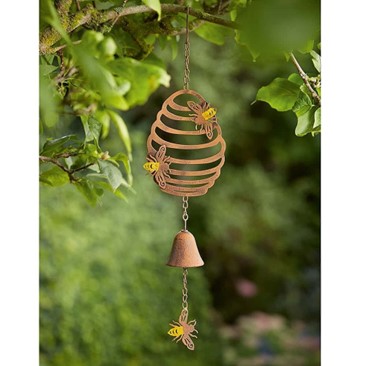Celebrate World Bee Day: 6 Simple Ways to Support Bees at Home
Bees are vital pollinators that play a crucial role in our ecosystem, contributing to the growth of fruits, vegetables and flowers. However, bee populations worldwide are facing challenges due to habitat loss, harmful chemicals used in insecticides and climate change. As we celebrate World Bee Day, there's no better time to take action to support these essential pollinators. Here are six simple ways you can help bees thrive in your own garden:
Plant Bee-Friendly Flowers:
One of the easiest ways to support bees is by planting a diverse array of bee-friendly flowers in your garden or on your balcony. Bees are attracted to a variety of colours and shapes, so consider planting a mix of native wildflowers, dahlias, cosmos, sunflowers, herbs like lavender and rosemary, and flowering trees and shrubs. Providing a continuous source of nectar and pollen throughout the growing season will help sustain bee populations in your area.
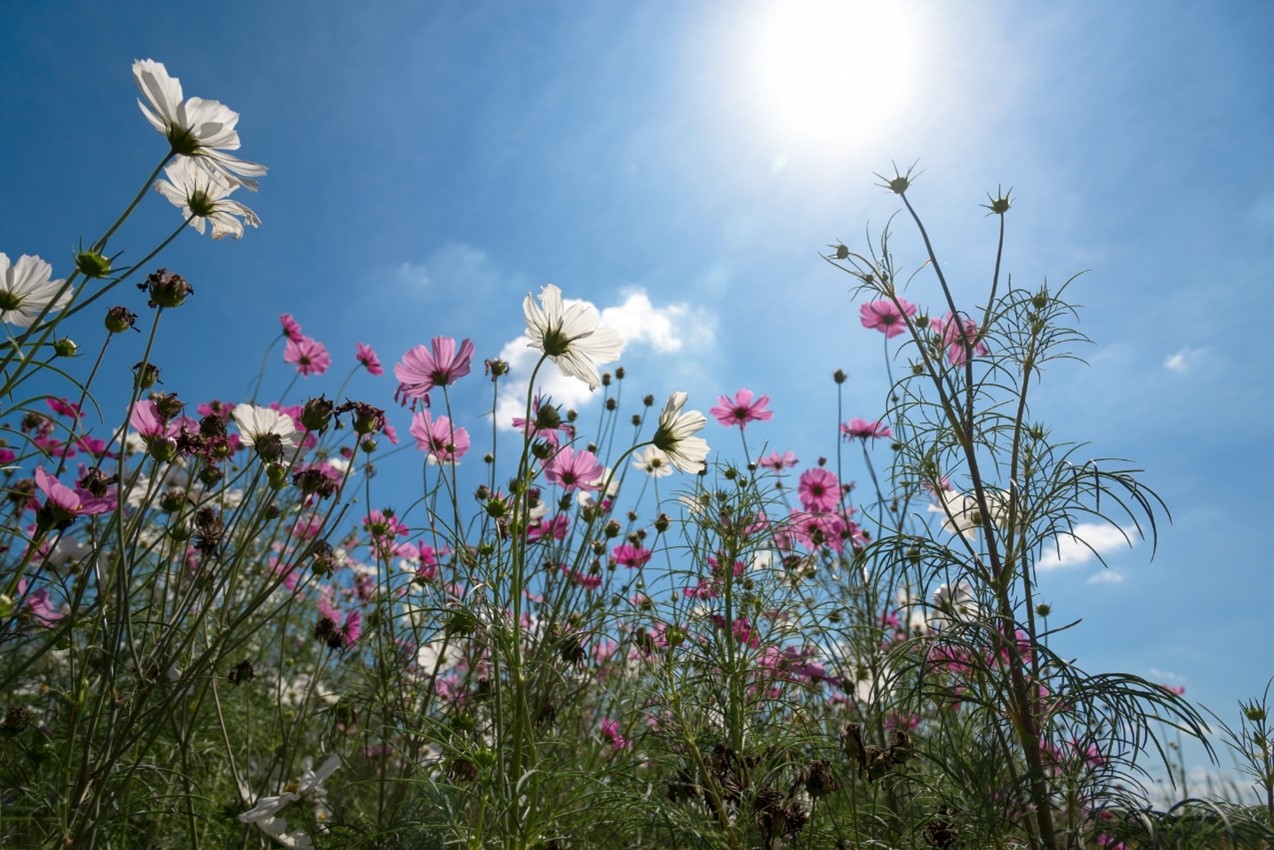
Avoid Pesticides:
Pesticides, including insecticides, herbicides and fungicides, can be harmful to bees and other pollinators. Instead of reaching for chemical sprays to control pests in your garden, opt for natural alternatives such as insecticidal soaps, neem oil, or introducing beneficial insects like ladybugs and lacewings. You can also create your own natural repellent using peppermint, thyme and rosemary oils. Simply mix equal parts (about 10 drops each) of peppermint, thyme, and rosemary essential oils in a spray bottle filled with water. By minimising pesticide use, you create a safer environment for bees to forage and thrive.
Provide Bee Habitat:
Create nesting sites for solitary bees by leaving patches of bare soil, providing bee houses or nesting blocks, or leaving dead wood and hollow plant stems in your garden. To build your own bee house use natural materials such as bamboo or other hollow plant stems. Hogweed, Cow Parsley, Sunflower stems, Bramble stems, flower stalks and reeds are excellent choices. Solitary bees, such as mason bees and leafcutter bees, are excellent pollinators and can benefit from these simple habitat enhancements. Additionally, avoid tidying up your garden too much in autumn, as leaving some leaf litter and plant stems can provide overwintering habitat for bees and other beneficial insects.
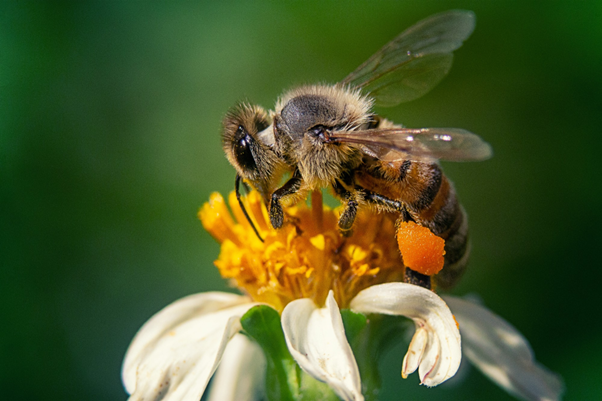
Bee Baths:
Bee baths can indeed help bees indirectly by providing a water source. While bees primarily obtain water from plants, they can also benefit from shallow water sources like bee baths, especially during hot and dry periods. Bees use water for various purposes, including regulating the temperature in their hives, diluting honey for consumption and hydrating themselves. Bee baths offer a convenient and accessible water source for bees to drink from, aiding in their hydration and temperature regulation. By providing bee baths with shallow edges or floating objects, such as stones, you can ensure that bees have a safe landing spot to access water without the risk of drowning. Additionally, bird baths attract other beneficial insects, birds and small animals, fostering a diverse ecosystem that supports bee populations and overall biodiversity.
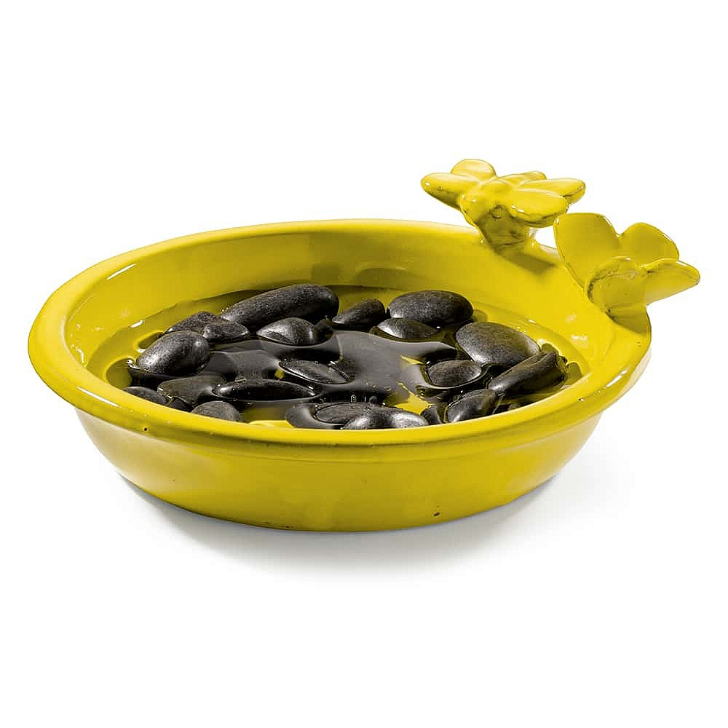
Support Local Beekeepers:
Purchase honey, beeswax products and other hive-related items from local beekeepers whenever possible. Supporting local beekeepers not only helps sustain beekeeping as a vital agricultural practice but also promotes bee health by encouraging sustainable beekeeping practices and supporting bee breeding programs aimed at improving bee genetics and resilience. Consider donating finances and supplies to local beekeepers, these donations funnel directly into the future fostering of beehives. The more funds beekeepers have to continue caring for honeybees, the more active and healthier their beehives will be.
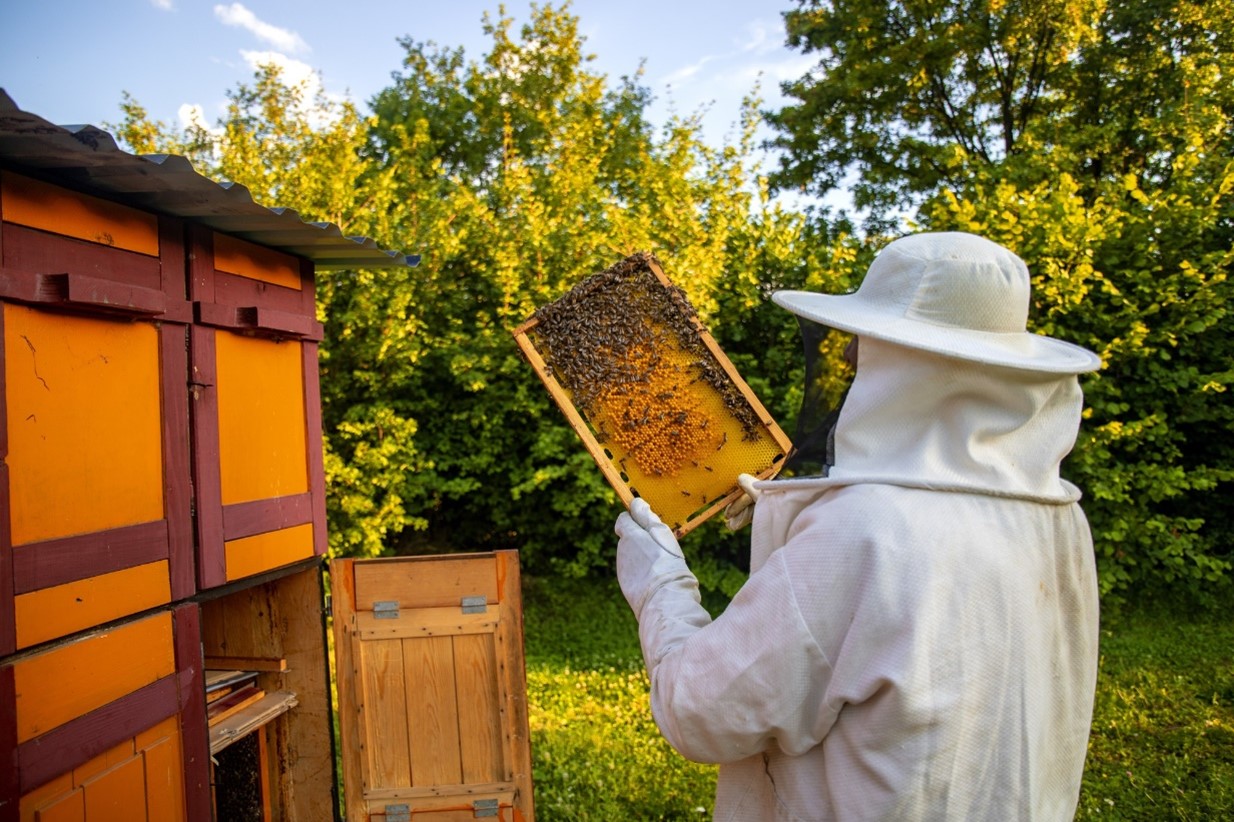
Educate Others:
Spread awareness about the importance of bees and pollinators to your friends, family and wider community. Share information about the threats facing bee populations and the simple steps individuals can take to make a difference. Consider hosting a gardening workshop, organising a community planting event, or starting a beekeeping club to inspire others to join the effort to protect bees and safeguard our food supply.
